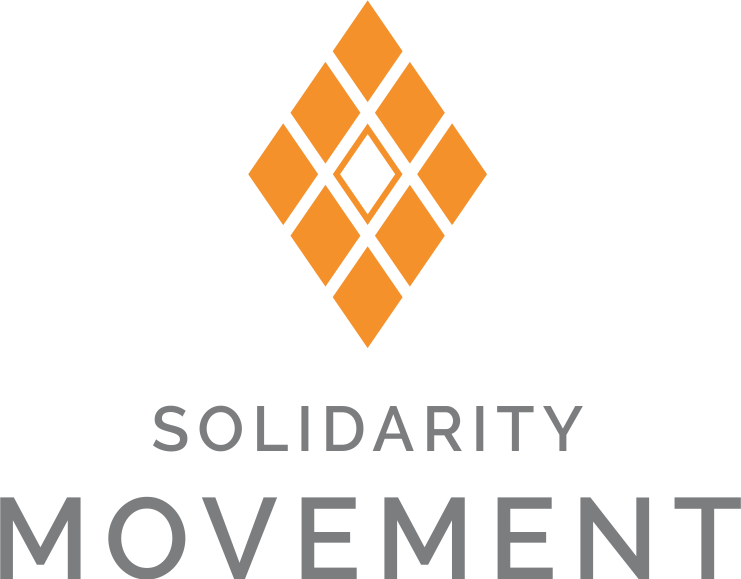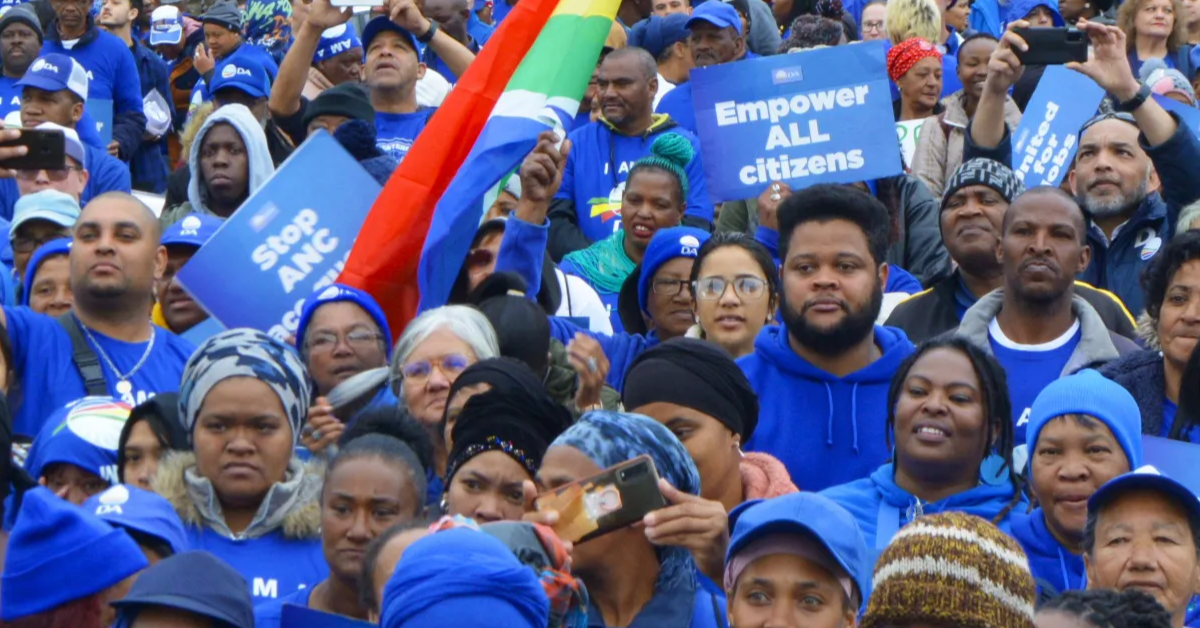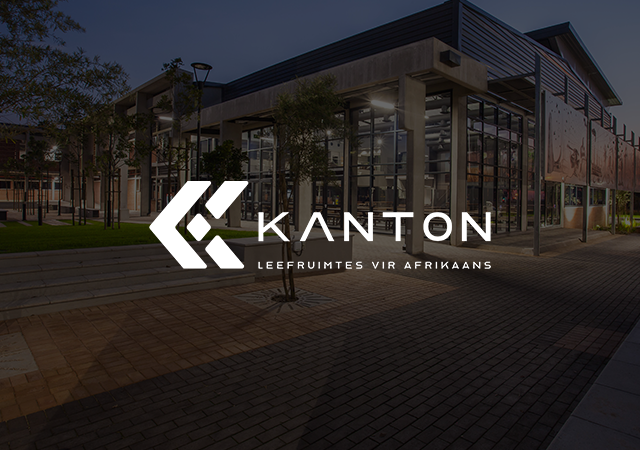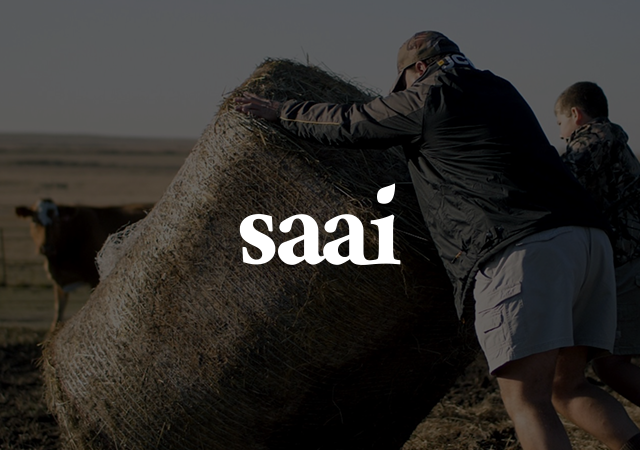After three decades of opposition, both the Democratic Alliance (DA) and the African National Congress (ANC) are articulating their readiness and capability to collaborate within a framework of national unity governance.
This development is both surprising and welcomed, particularly in light of recent statistical findings indicating that the majority of supporters from both the DA and the ANC favour such a coalition agreement.
The Brenthurst Foundation published statistics showing both DA and ANC supporters would prefer a Government of National Unity where the ANC and DA are the biggest role-players.
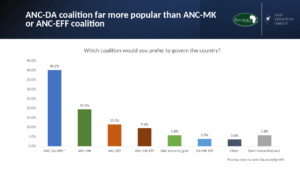
40,2% of participants voted towards a DA-ANC agreement, 37,4% of ANC-supporters indicated they prefer an agreement with the DA rather than the MK or EFF.
A coalition or unity government with the DA would benefit the country in numerous ways, including protection of the Constitution and promising economic growth. The DA has also shown its competency in governing provinces where it has the majority votes, such as the Western Cape.
As the clock are ticking toward Friday, when the first national parliamentary meeting will take place, suspense and tension is rising. Will the DA and ANC be able to conclude their negotiations before then?
John Steenhuisen, party leader of the DA, says the announcement of the first parliamentary sitting on Friday complicates the negotiations for a unity government and if no agreement is reached before then, the DA will return to the parliament as the opposition again. Friday’s sitting will include the swearing in of the new president.
The negotiations between the DA and the ANC are still ongoing and far from reaching a resolution. According to Steenhuisen, urgent acceleration of the process is needed if they aspire to establish an alliance before the impending parliamentary sitting on Friday.
The Economic Freedom Fighters (EFF) and uMkhonto we Sizwe (MK) have openly voiced their disapproval of the ANC engaging in negotiations with the DA, resulting in their abstention from participation in the negotiations. Moreover, dissenting factions within the ANC, opposed to President Cyril Ramaphosa, are also voicing criticism against the negotiations with the DA. There is a possibility of protests led by MK supporters escalating in KwaZulu-Natal, reflecting a rejection of this collaborative endeavour.
Protests are however a small price to pay and easy resolvable, considering the alternative of the Constitution being compromised for outdated socialistic ideologies and the economy suffering as investors withdraws assets form the market.
The people of South Africa are placing their hopes on the DA and the ANC to reach an agreement before Friday and to formally declare their collaboration in the government of national unity.
